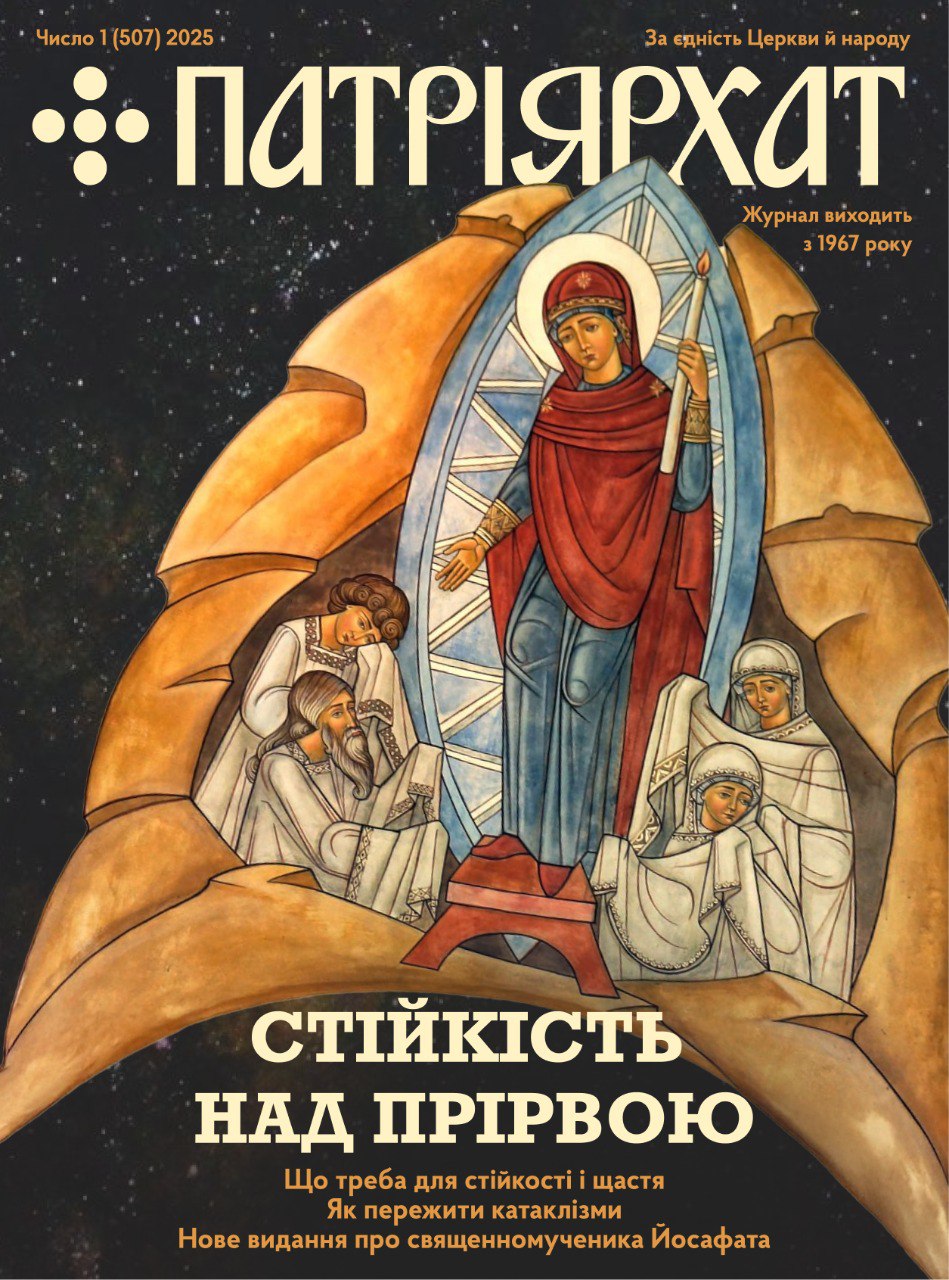September 29, 1973 in New York, N. Y.
Part of the problem that the Patriarchal movement has faced from the beginning is the fact that the Roman authorities have been able to speak out of both sides of their mouth at each stage of the battle. They have been able to do one thing and then claim that they were doing another.
You may recall, when Patriarch Joseph was here and he was rendered a banquet in the city of New York, that the Roman Catholic authorities, headed by Cardinal Cook were “too busy; had previous engagements; regretted, but they could not participate,” in taking to and greeting Patriarch Joseph. Now, it is true what we read in this morning’s New York Times. Cardinal Joseph Mindzenty surely is, as Cardinal Cook has called him, a model of courage, a model of integrity and an exemplar of the Faith. But he spent fifteen years behind the safe walls of the American Embassy in Budapest, while Blazhennishyy spent seventeen behind the cold walls of Soviet prisons. Yet, Cardinal Cook was able to find time in his busy schedule to greet this Latin Rite Roman Catholic Cardinal because he poses no threat to the authority of the Roman Curia.
We had another cardinal visit our shores a few years ago. He came to Philadelphia to proclaim the triumph and supremecy of the party line of Metropolitan Ambrose and to announce the untimely death of the Patriarchal movement. We made it abundantly clear to Cardinal De Furstenburg, as Mark Twain put it that “rumors of the death of the movement were greatly exaggerated.”
We now have the dubious pleasure of entertaining Archbishop Mario Brini. Cardinal Tisserant himself made it clear, that the anti-Ukrainian sentiment in the Roman Curia and in the Eastern Congregation, was in the first and last place, the continuing policy of Archbishop Mario Brini. It is up to us to prove to him that what he is doing now, in coming to see the triumph of Metropolitan Ambrose’s policies and to visit with the Carpatho-Ukrainian Metropolia (alias the Byzantine Archdiocese of Munhall), is misplaced zeal on his part and is not going to contribute in any way to the years Rome had no notion that she could create or give her stamp of approval to new Patriarchates. He told us that the only way the Ukrainian Patriarchate—the Kyyivsko-Halytskyy Patriyarkhat — can come into existence is for us to work for it, to believe in it, to work together in putting it into practice, standing behind Patriarch Joseph so that there will be no question in anyone’s mind— in Rome, in Philadelphia, in Munhall, in Winnipeg — that what we believe in, what we believe we belong to, is the canonical, self-proclaimed, autonomous Kiev-Halych Patriarchate under the primacy of His Beatitude Joseph I.
Triumph of the Patriarchal movement and the proclamation of the Ukrainian Catholic Patriarchate.
Some years ago, when Father Maloney and I discovered Dr. Petro Bilaniuk and his works and writings (especially in Za Ridnu Tserkvu) we read them, studied them, discussed them with Dr. Nawrockyj, Dr. Klachko, and Mrs. Piddubcheshen, part of those discussions resulted a year ago in a seminar at Fordham University. There, Father Wilhelm de Vries, S.J., one of the foremost historians of the Eastern Church and a Canon Lawyer in the Catholic Church, explained to us briefly and clearly that “patriarchates grew from below and were not founded by any decree from above”

